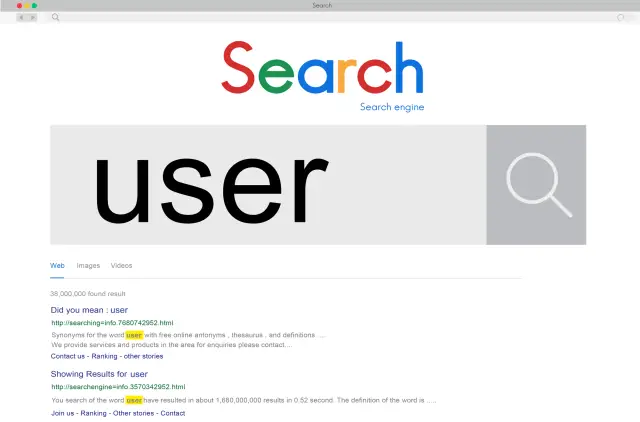Google's Privacy Sandbox to Initiate Third-Party Cookie Restrictions for 1% of Chrome Users in Early 2024
Google announces that its Privacy Sandbox will disable third-party cookies for 1% of Chrome users in Q1 2024.

The online advertising industry is set to witness a significant change as Google plans to disable third-party cookies for 1% of Chrome users in Q1 2024 through its Privacy Sandbox initiative. By implementing a more privacy-conscious method, users will be able to manage their interests and get grouped into cohorts based on similar browsing patterns, consequently replacing third-party cookies. This announcement comes in the wake of recent discussions and experimentations in the industry.
Alongside this announcement, Google has scheduled the launch of its Chrome 115 release in July, which will make the Privacy Sandbox relevance and measurement APIs generally available to all Chrome users. Consequently, developers will be able to test these APIs with live traffic without expecting any substantial changes to the API post-launch. The primary objective behind restricting third-party cookies for a small percentage of Chrome users is to help developers evaluate their real-world readiness for the larger alterations planned for the second half of 2024.
Starting in Q4 2023, developers will be able to simulate their third-party cookie deprecation readiness by moving a configurable percentage of users to Privacy Sandbox, subsequently testing their solutions. Victor Wong, who leads product development for private advertising technology within Privacy Sandbox, explained that the phased plan was designed in close consultation with the UK's Competition and Markets Authority (CMA). Developers, as well as the industry, will be encouraged to start experimenting and testing seriously with the 1% user deprecation in Q1 2024.
Upon the launch of Chrome 115, adtech developers will be able to commence testing their solutions at scale. Privacy Sandbox features, such as Protected Audience, Attribution Reporting, and the Topics API, will be locked in at this point. So far, users have been able to activate Privacy Sandbox trials in Chrome, with the APIs accessible for testing starting from the Chrome 101 beta. However, the earlier API availability primarily catered to a minority of users, and developers have been keen on accessing more scaled availability for testing purposes.
Although Google initially planned to phase out tracking cookies by 2022, the timeline was readjusted in 2021 and again in 2022. Wong believes the importance of the Privacy Sandbox initiative warrants a cautious approach based on inputs from developers, regulators, policymakers, and advertisers. Many ecosystem partners requested more time to test and adapt, and with the deadlines looming, several players are quickly adopting new measures. Some of these partners may already be equipped to switch to the new privacy standards.
Despite the controversial nature of Privacy Sandbox, Google remains committed to preventing any self-preferencing practices that could grant it an advantage over competitors. With the CMA closely monitoring the initiative, the implications for the web advertising ecosystem are yet to be determined.
In response to these upcoming changes, AppMaster's no-code platform empowers businesses and enterprises to create web, mobile, and backend applications swiftly and efficiently. By automating the development process, AppMaster helps users explore better opportunities in the online advertising space and adapt to upcoming industry changes. The platform ensures scalability and eliminates the burden of managing technical debt, making it easier for businesses to adapt to new technologies.





